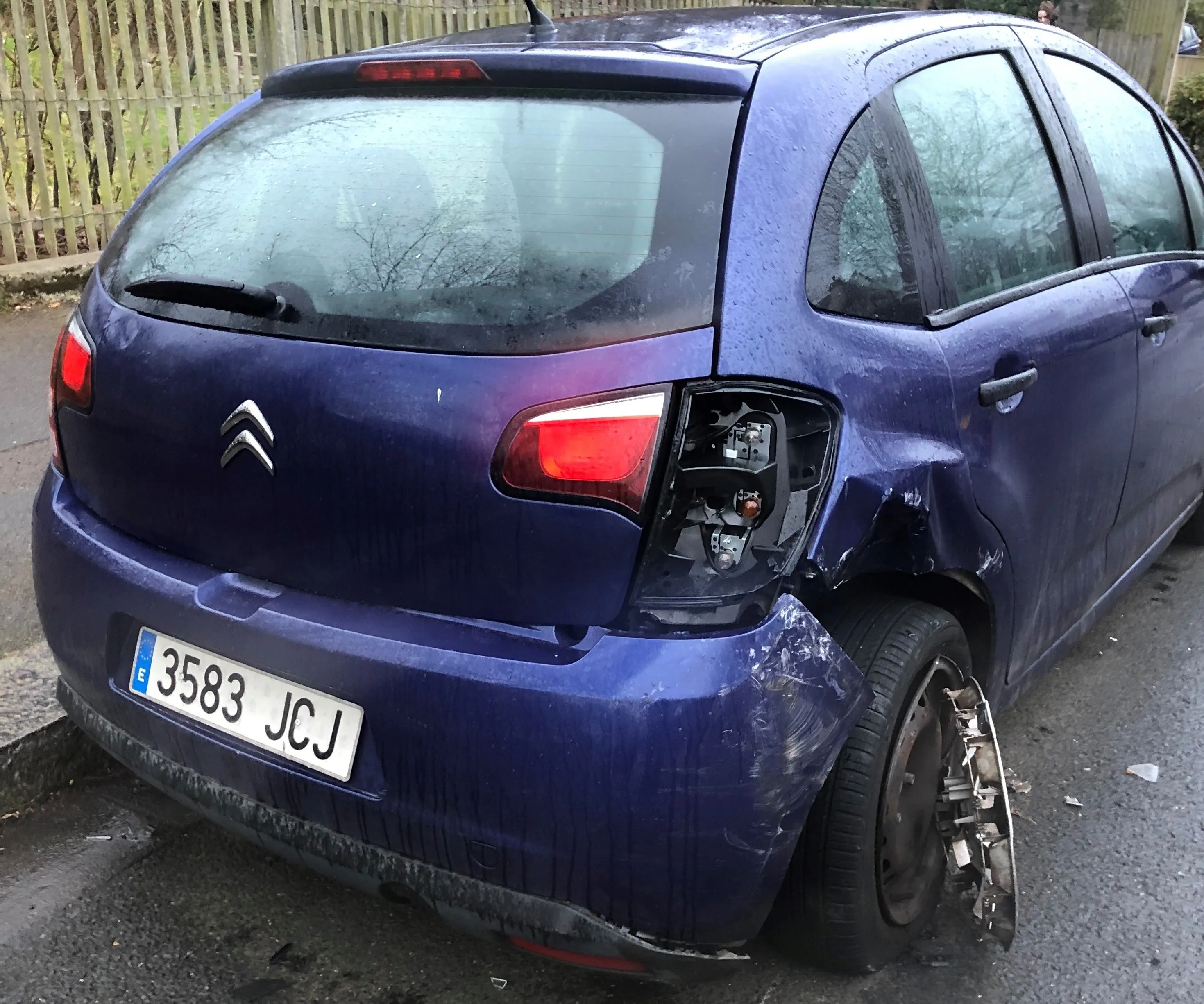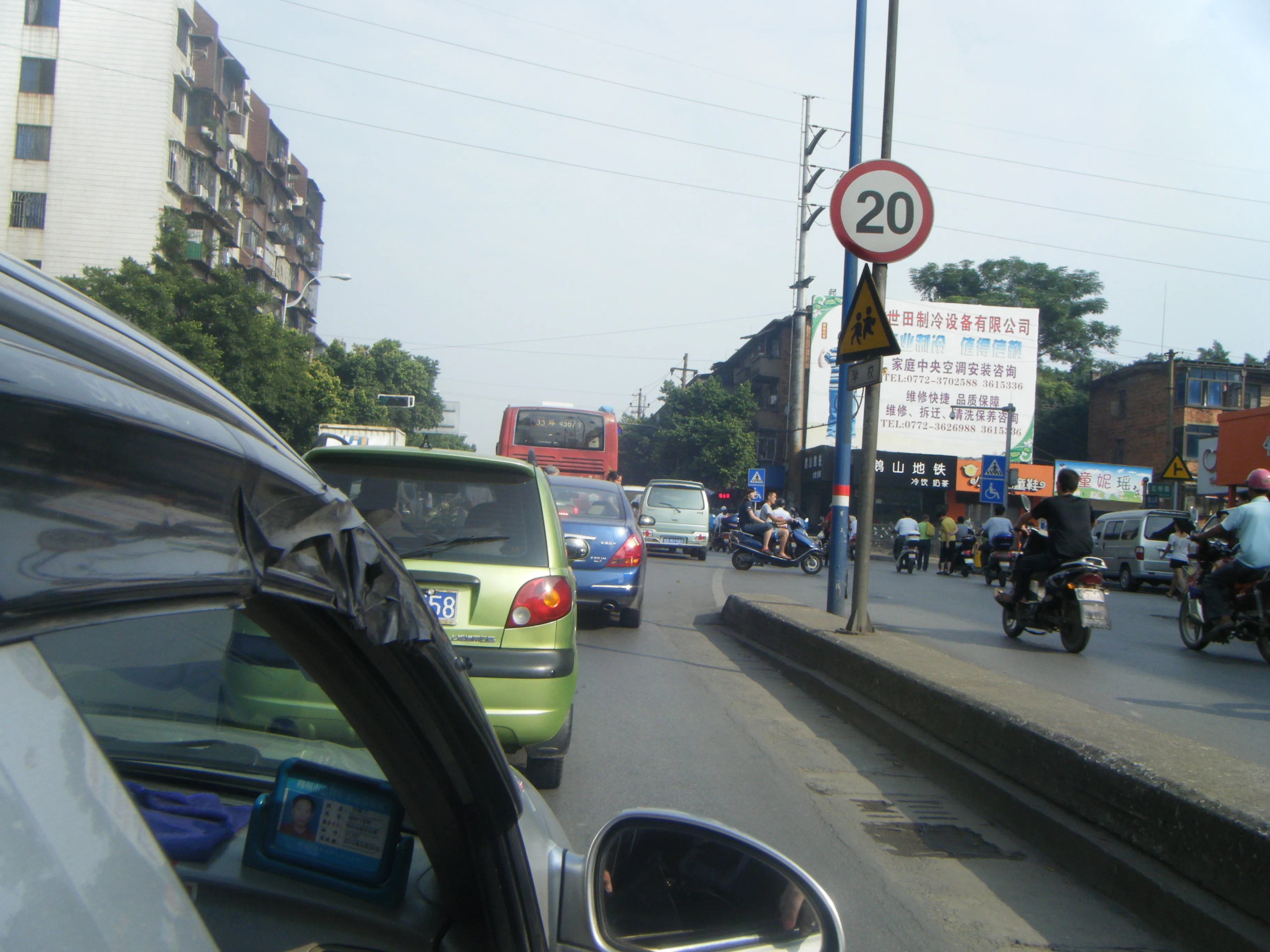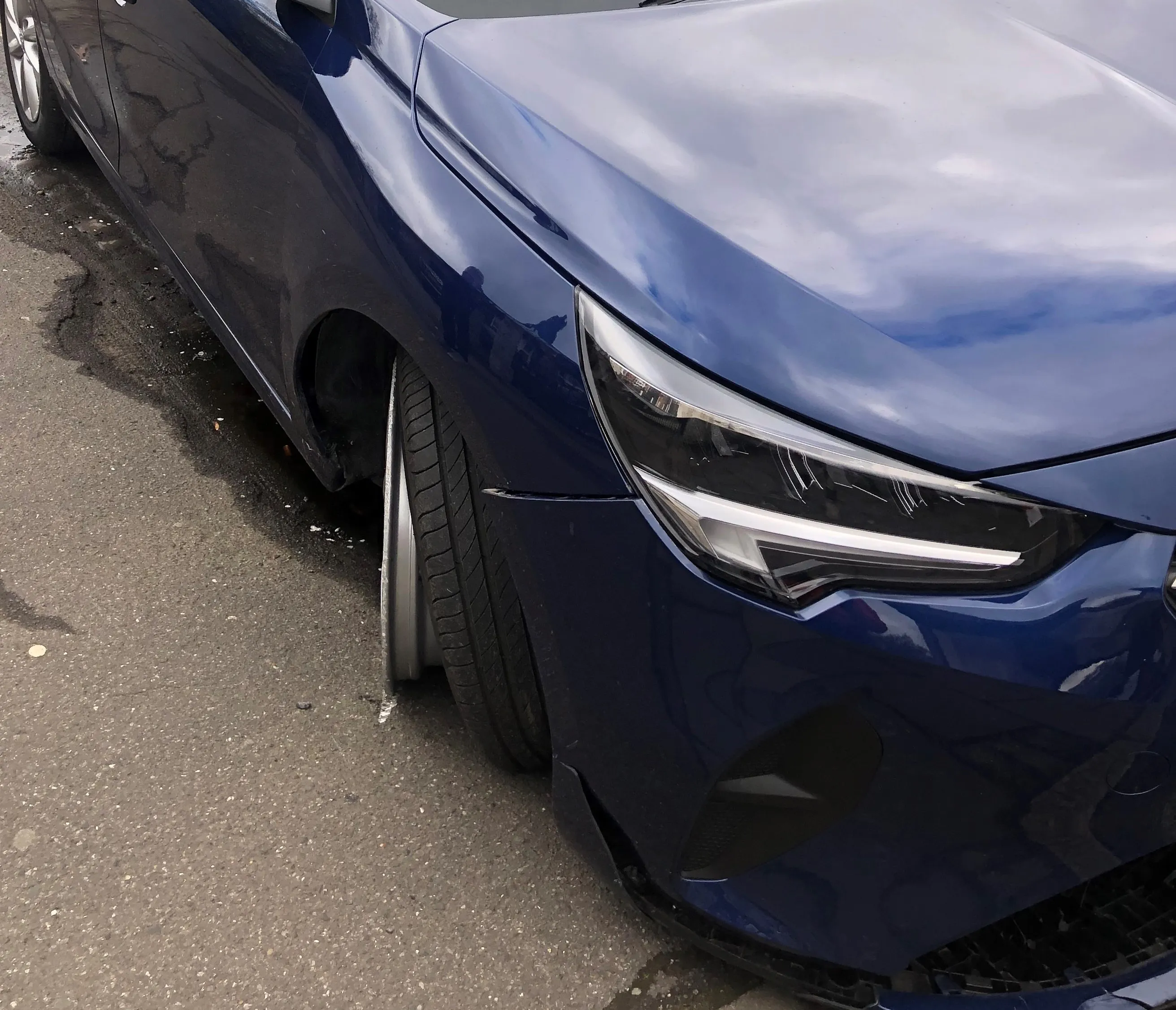A road safety concern for Europe has been highlighted by the ETSC.
By MJ Woof
March 8, 2022
Read time: 2 mins

Electronic data recorders will be mandatory in new models of car from this summer. However, this technology will be of little use to safety experts due to a ban on the retrieval of data containing location, date and time information from the devices, according to the European Transport Safety Commission (ETSC).
Early in 2022, the European Commission published the final technical specifications for the devices, which are one of a number of mandatory new technologies agreed as part of a 2019 update of EU vehicle safety laws.
Information on location, date and time is critical to road safety researchers and in-depth collision investigations, because, as in the aviation sector, the data can be used to help analyse the circumstances of a collision and to help prevent a similar situation occurring in the future.
Without the data on location it would be impossible for researchers to determine based on the EDR data whether the vehicle was travelling at an inappropriate speed, as the relevant road, and the applicable speed limit, would not be traceable. EDR data can also provide useful information on the way a person is driving, potentially highlighting whether a person has been driving under the influence of alcohol or drugs or has been extremely distracted.
Data privacy requirements were written into the legislation, but ETSC and other expert organisations warned last year that the European Commission’s interpretation in the technical requirements is too strict. The ETSC says that time and location data could and should be made available to authorised parties such as collision investigators and safety researchers.
In its recent report on road safety, the European Parliament also called on the Commission “to ensure that all data elements relevant to in-depth crash analysis and road safety research (including location, date and time) are required to be recorded and stored by the EDR”.
Electronic Data Recorders only store data when a collision occurs. So there was never any question of EDRs being used to continuously track vehicle movements.
Frank Mütze, vehicle safety specialist at ETSC said: “This really is an own-goal for road safety. The original purpose of requiring EDRs in new vehicles was to provide a data source to help prevent future crashes. Ruling out the retrieval of location and time information renders the device data virtually useless to road safety researchers. We hope that this legislation can be reviewed and updated as soon as possible.”







